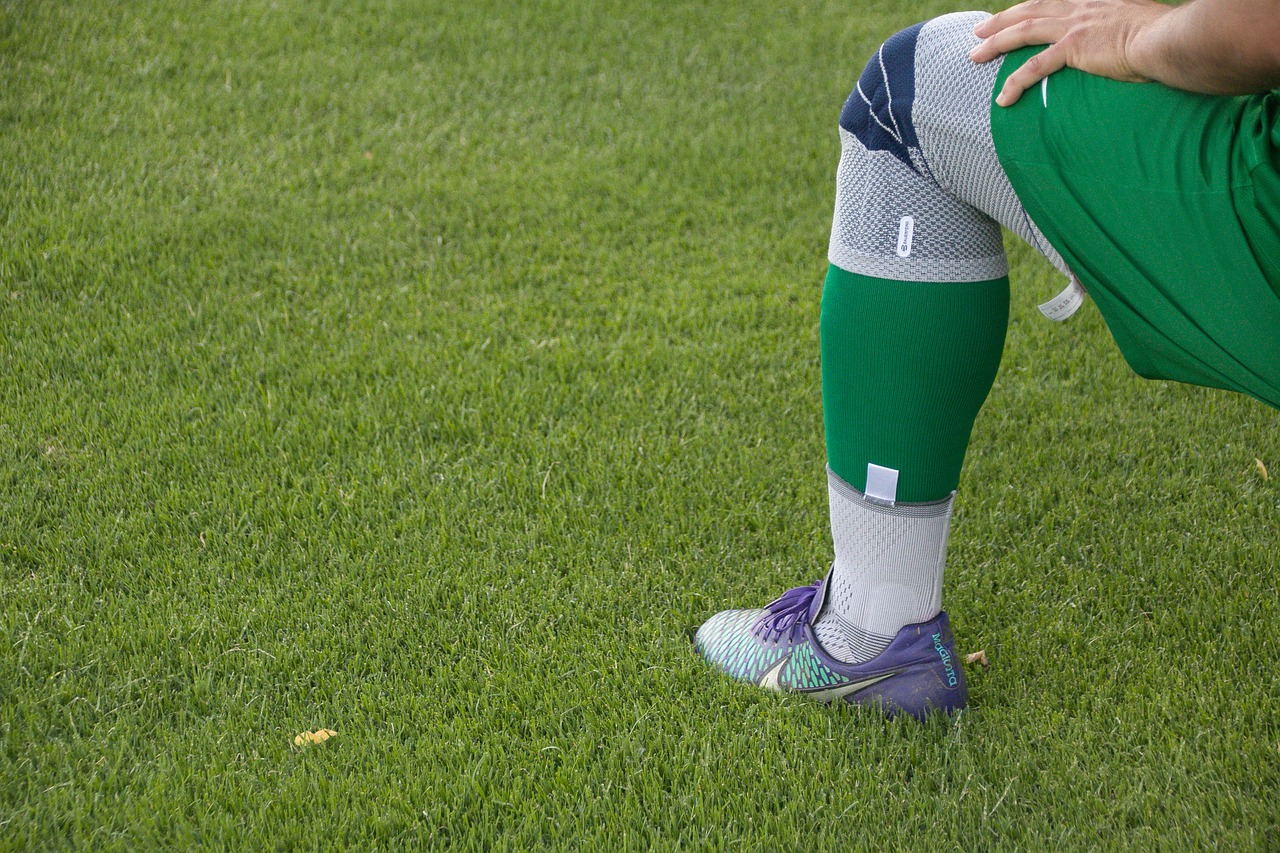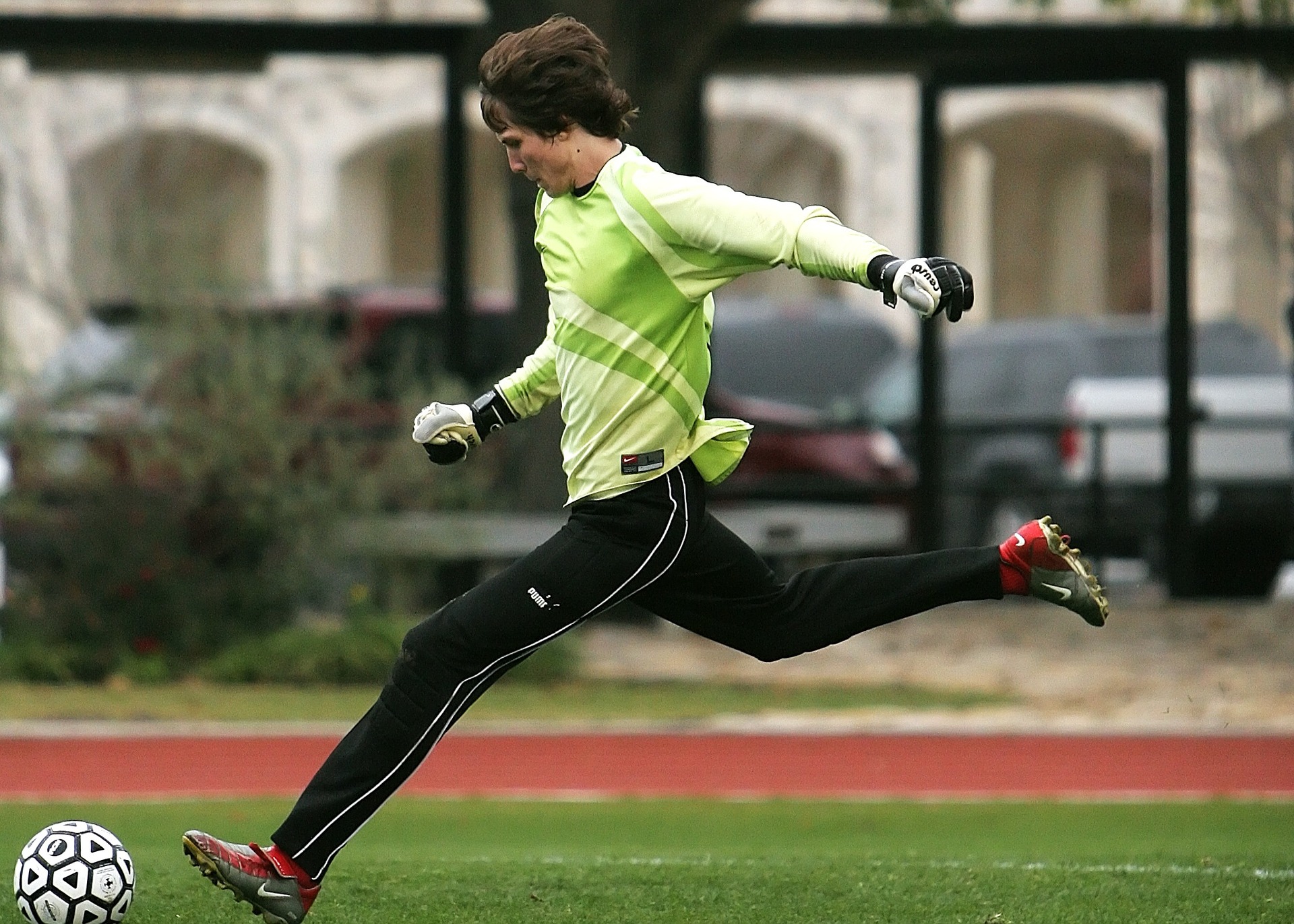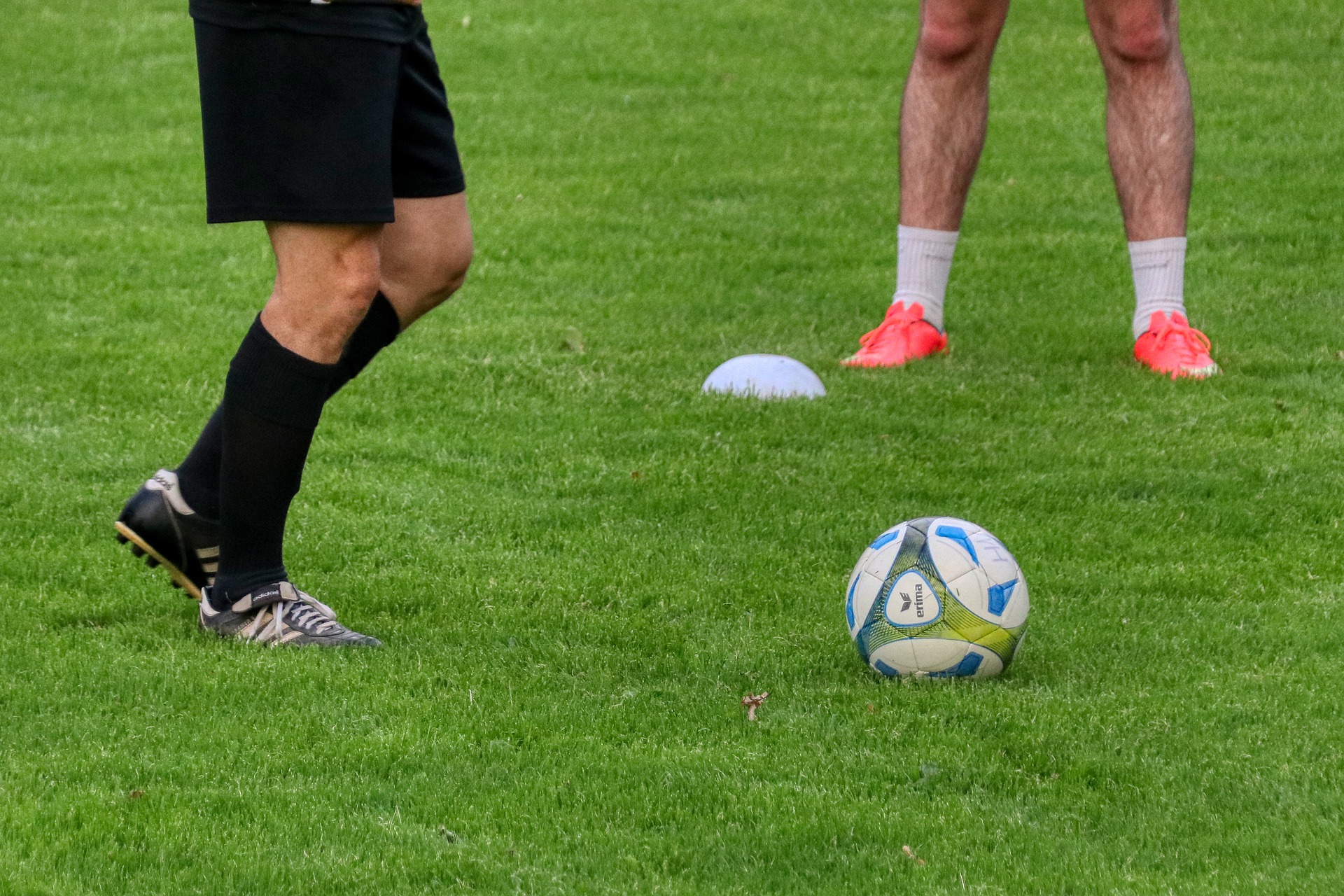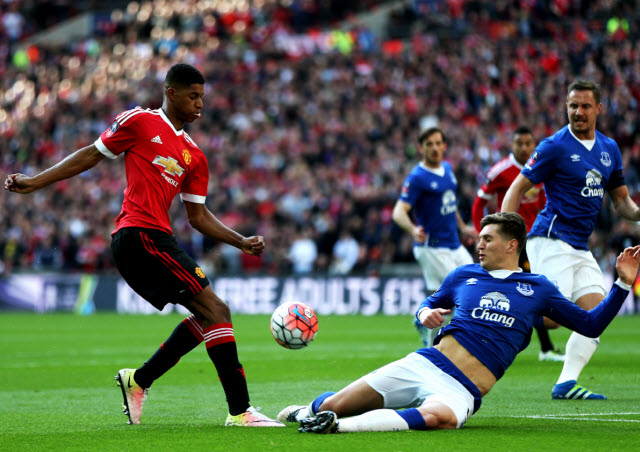5 Soccer Training Tasks to Improve Defensive Transitions
Learn how improve defensive transitions of your soccer team with these 5 effective training tasks. Discover how the recovery exercises, transition training, pressure exercises, communication training and physical training can help your players develop important skills and Improve your ability to recover the ball and defend the goal.




